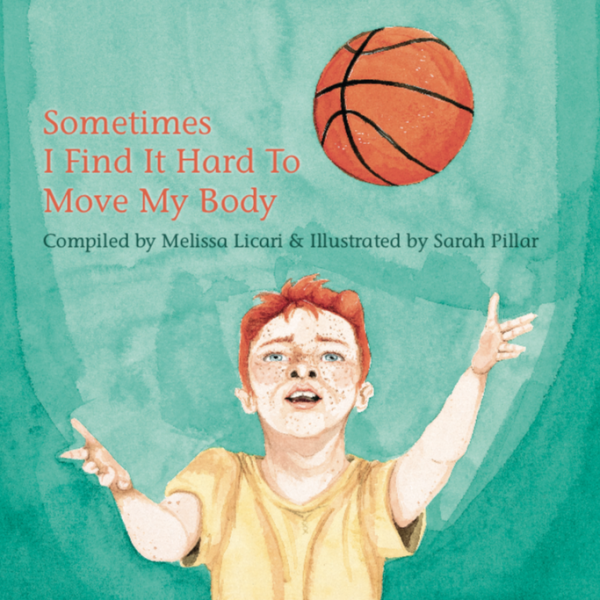Australian first report highlights underdiagnosed condition affecting one in 20 children

Around one in 20 children in Australia is affected by an under-diagnosed and misunderstood condition which has an effect on motor skills and coordination leaving children with challenges in completing everyday activities like getting dressed, eating, writing, running, or playing.
Developmental Coordination Disorder (DCD) is a condition which has “a significant educational, social and emotional toll”, researchers have said in an Australia-first report released on 15 July.
Researchers from Victoria University in Melbourne and Telethon Kids Institute in Perth surveyed parents of 443 children across Australia for the Impact for DCD Survey, the largest survey ever conducted in the world on family impacts of the condition.
Often described as a ‘hidden disability,’ DCD is a little-known neurodevelopmental condition, even among health professionals and educators.
The condition commonly co-occurs with other neurodevelopmental disorders, such as ADHD or autism, meaning a DCD diagnosis can often be delayed and children can wait several years for treatment once parents first raise concerns.
Aiming to combat these delays, the report provides an evidence-based blueprint to better support children with DCD and their families.
The report also aims to raise awareness and ensure better standardised diagnosis, treatment and support for the lifelong disorder, calling on state and federal governments to recognise DCD and provide financial support for improved therapies and services.
Children living with DCD are only eligible for NDIS ‘developmental delays’ funding until age seven, with many parents also reporting significant and long-term out-of-pocket expenses for therapists such as exercise physiologists, occupational therapists, speech pathologists or psychologists.
More than 80 per cent of the families surveyed reported DCD negatively affected their child’s educational potential because educators were unaware of the condition, and nearly all were concerned about the social and emotional health of their child.
Recommendations from the report include:
- adoption of consistent and correct terminology and standardised practice for DCD in Australia;
- clear diagnosis to identify children at risk of DCD before age five to enable early intervention;
- funding by education departments for DCD teacher awareness training and resources;
- increased community awareness of DCD and inclusion strategies, particularly in sporting clubs.
To access the report in full, please see here.
Popular

Quality
Practice
Provider
Research
Workforce
Honouring the quiet magic of early childhood
2025-07-11 09:15:00
by Fiona Alston

Workforce
Policy
Quality
Practice
Provider
Research
The silent oath: Why child protection is personal for every educator
2025-07-17 09:00:31
by Fiona Alston

Practice
Provider
Quality
Research
Embedding cultural safety and responsiveness to strengthen belonging in early childhood education
2025-07-14 13:21:23
by Contributed Content











